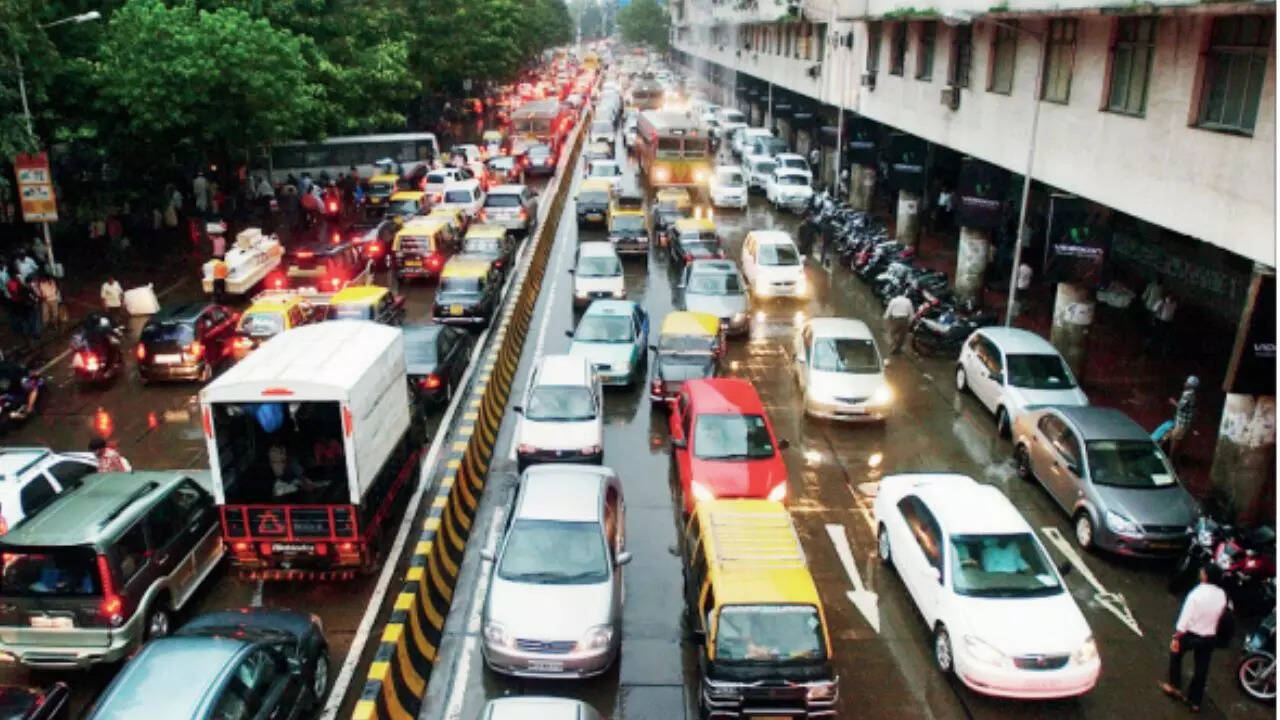
The city’s vehicle count has exceeded 48 lakh, including 14 lakh private cars and nearly 29 lakh two-wheelers. In 2023-24, an average of 721 vehicles were registered daily at the four regional transport offices (RTOs) in Mumbai. The western suburbs have 21 lakh registered vehicles, the island city has 14 lakh, and the eastern suburbs 13 lakh vehicles.
Experts are worried about the city’s rising vehicle numbers, which continue to grow despite limited road infrastructure. This trend could lead to more congestion, pollution, and parking problems. Mumbai’s roads are already bursting at the seams, with experts stressing the need to control vehicle growth to ease congestion, reduce pollution, improve air quality, and minimize commuting delays.
Transport expert Vivek Pai said, “The vehicle count of Mumbai is thrice of what the city can accommodate. To prevent the growth of cars, we need to adopt policies such as congestion charges in commercial hubs, lottery systems for purchasing cars like in some foreign countries, having a strong parking policy and measures for car sharing by which private vehicles don’t keep waiting at one place for 22 hours a day and instead are shared between people. In the long term, we need to ensure that each city has a car census, to understand the problem better.”
Public policy (transportation) analyst Paresh Rawal said, “With the rise in Mumbai’s population, there has been a surge in its vehicular numbers too. Along with people, cars and bikes are also jostling for space. The overburdened suburban rail network has nearly maxed out its capacity. Hence, there’s a need to strengthen other public transportation networks. Buses need to be boosted, as it will give us much-needed last-mile connectivity.”
“If dedicated bus lanes are provided, it will enhance the effectiveness of trains and metros further. It’s only then will we see some slowing down in the use of private vehicles,” he said.
A transport activist said that although each Metro line is expected to reduce road traffic by 15%, the freed-up space will quickly be filled by new cars. “The availability of car loans and festival discounts further boosts vehicle sales, contributing to the growing vehicular population.”
Another expert said, “The govt should also encourage the use of carpooling and ride-sharing services to reduce the number of vehicles on the road. Additionally, the govt should invest in the development of electric vehicles and charging infrastructure to reduce air pollution and dependence on fossil fuels.”
Experts also pointed out that without ensuring reliable and comfortable first- and last-mile connectivity through public transport, the number of private cars and bikes will continue to rise unabated.

